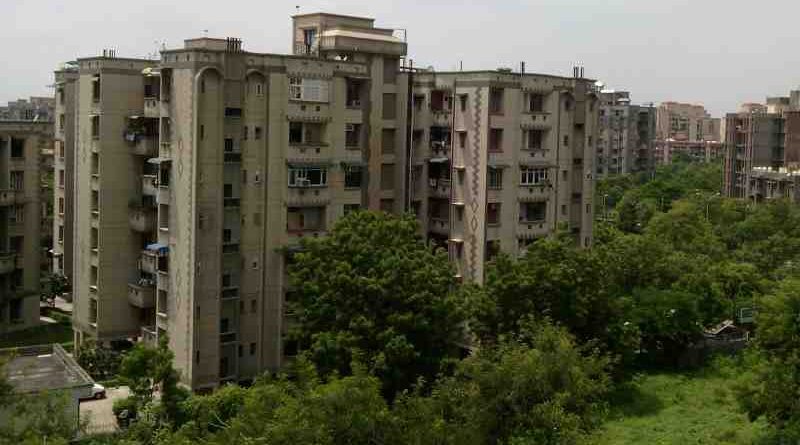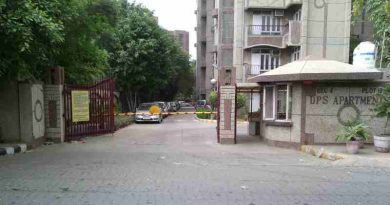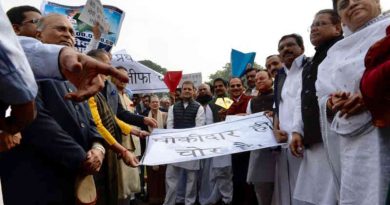Corruption Increasing in Asia Pacific Region: Transparency Survey

As part of a regional series for the Global Corruption Barometer, anti-corruption organization Transparency International spoke to nearly 22,000 people about their recent experiences with corruption in 16 countries and territories in the Asia Pacific region.
The report – released today – comes at a key moment when many governments in the region are preparing their agendas to meet the United Nations Sustainable Development Goals (SDGs).
The SDGs set out development priorities for 2030 which include, among others, reducing corruption and bribery in all their forms.
Transparency found that just over one in four people surveyed have paid a bribe to access public services. Based on the bribery rates for each country / territory and its adult population size, this is equivalent to over 900 million people across the 16 places surveyed.
According to the survey, police top the list of public services most often demanding a bribe. Just under a third of people who had come into contact with a police officer in the last 12 months said they paid a bribe.
[ Can Government Check Corruption in Delhi Housing Societies? ]
Overall, 38 per cent of the poorest people surveyed said they paid a bribe, which is the highest proportion of any income group.
Only one in five people surveyed thought the level of corruption had decreased recently, while two in five said that it had increased and a third had seen no change in the level of corruption.
In China, nearly three-quarters of the people surveyed said corruption has increased over the last three years, suggesting people do not see the major offensive on corruption is working.
In 2017, according to Transparency, inclusive development is high on the agenda for governments around the world, as people voice their concerns about growing inequality, persistent poverty and the exclusion of the most vulnerable.
[ Who Is Responsible for Crimes and Corruption in Delhi Schools? ]
As a diverse and rapidly developing region, it is essential that the countries in the Asia Pacific region achieve sustainable and equitable development. Corruption undermines this, as it distorts democratic processes and promotes private over public interests.
The results show lawmakers across the region need to do much more to support whistleblowers and that governments must keep promises to combat corruption, including their commitments to meet the Sustainable Development Goals.
Transparency International makes four key recommendations to reduce bribery and help people speak up without fear of retaliation. Across the asia pacific region:
- Governments should integrate anti-corruption targets into all Sustainable Development Goals including hunger, poverty, education, health, gender equality and climate action, and develop mechanisms to reduce corruption risks.
- Legislatures should adopt and enforce comprehensive legislation to protect whistleblowers, based on prevailing international standards, including those developed by Transparency International.
- Authorities should prevent and sanction bribe paying/taking to end impunity related to bribery.
- Anti-corruption agencies should engage with and encourage large numbers of citizens who are willing to refuse paying bribes and report corruption.
Transparency released the findings of its survey today, March 7.





